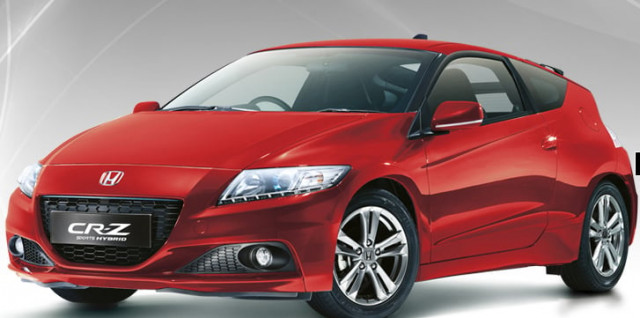Sales boost drives Honda Atlas EPS to 309%
HCAR sees profit spike of Rs828m in Q1 FY26, no dividend as per history; used car imports, policy headwinds pose risk

Honda Atlas Cars Ltd (HCAR) has reported a turnaround in its financial performance for the quarter ended June 2025, with earnings per share (EPS) soaring by 309% year-on-year to Rs5.80. The sharp rise in profitability was primarily driven by a 68% increase in vehicle sales, aided by improved macroeconomic conditions, a rebound in auto financing, and lower interest rates, according to data compiled by Optimus Capital Management.
The company's bottom line surged to Rs828 million, reflecting the positive impact of operational efficiencies and a better product mix, noted an auto analyst at Optimus Capital Management, Abdul Rafay. The performance marks a strong start to FY26 for Honda Atlas, though future growth may be tempered by rising regulatory challenges and pressure from used car imports.
The company's net sales rose by 66% year-on-year to Rs26.5 billion, while the cost of sales climbed 62% to Rs24.2 billion. Gross margins improved to 8.6%, up from 6.3% in the same quarter last year, supported by better operational efficiency and a favourable product mix. However, despite the solid topline and bottom-line growth, the company did not announce any dividend for the quarter, consistent with its previous payout pattern.
Another significant contributor to the company's liquidity position was an income tax refund of Rs2.7 billion, which helped ease its operating cash flows and lowered its tax recoverable to Rs5 billion.
Despite its strong quarterly results, Honda Atlas faces considerable headwinds in the near term. Analysts at Optimus Capital maintained a 'neutral' stance on the stock, citing several policy and market-related concerns.
Firstly, the lifting of restrictions on commercial imports of used vehicles is expected to weigh on new car demand, particularly in the mid-range category where Honda operates.
Secondly, the introduction of new compliance requirements, such as the FBR's eligibility certificate and the imposition of the New Energy Vehicle (NEV) levy, is likely to add complexity and cost pressures to the auto business.
Thirdly, the decline in cotton cultivation and unpredictable rainfall patterns are negatively impacting rural demand, traditionally a key segment for car sales in Pakistan.
Fourth, the company's trade and other payables rose 21% quarter-on-quarter to Rs2.6 billion, possibly reflecting increased order bookings or stretched payment cycles, though detailed accounts for clarity are awaited.
Looking ahead, the company is banking on the launch of its new electric hybrid SUV, the E-HRV, to capture market share in the growing SUV segment and partially offset pressure from imported vehicles.
While Honda Atlas has benefited from a short-term macroeconomic stabilisation and a rebound in consumer financing, sustained growth will depend on policy clarity, competitive pricing, and broader sectoral recovery.
Honda Atlas posted an impressive quarterly recovery, but mounting regulatory, import, and rural demand challenges could slow momentum in the coming quarters.




















COMMENTS
Comments are moderated and generally will be posted if they are on-topic and not abusive.
For more information, please see our Comments FAQ